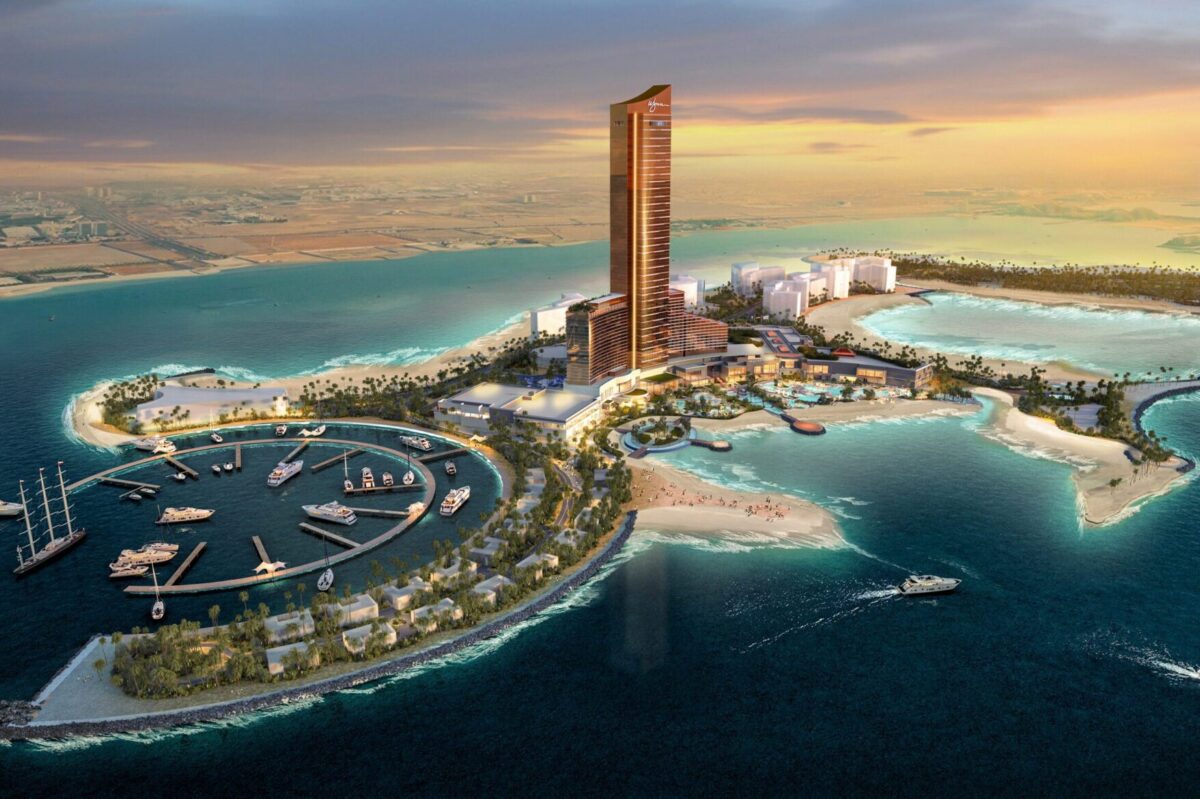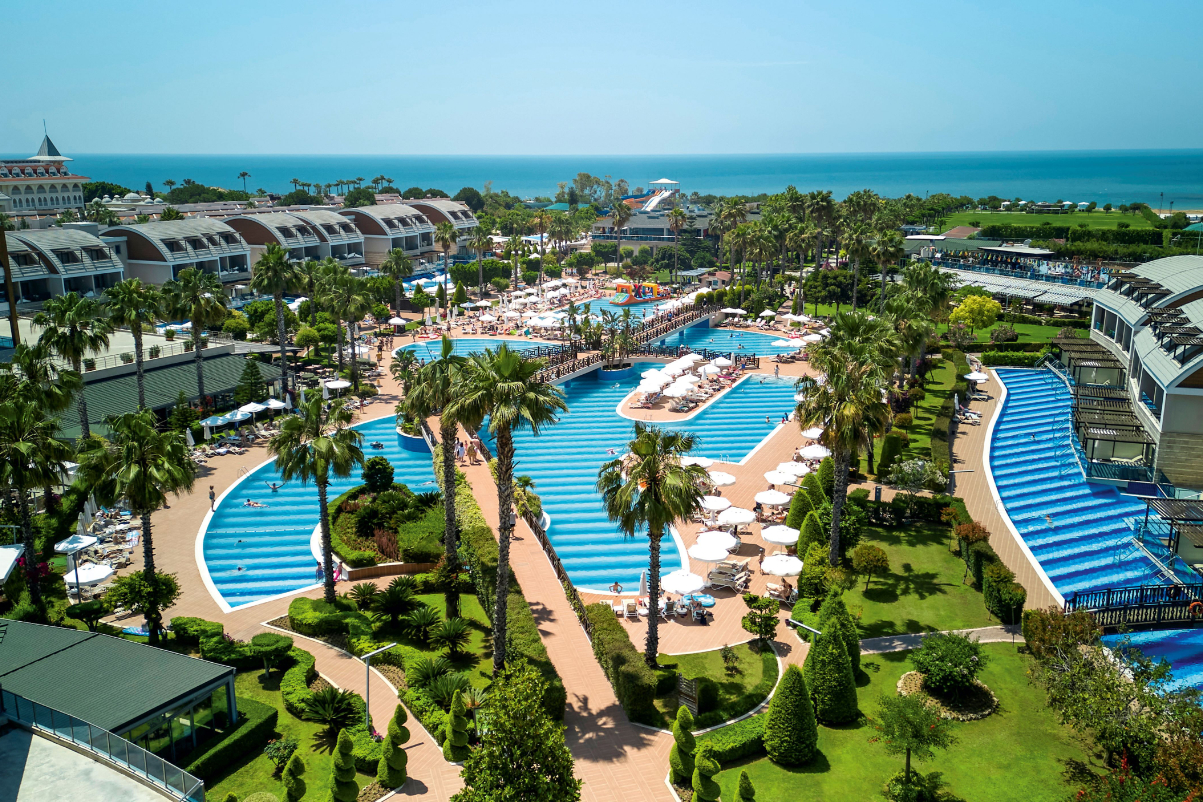Wynn Expects To Have A Monopoly On UAE Casinos

Skift Take
Wynn Resorts thinks it will be the sole operator to have a casino in the United Arab Emirates for several years, effectively giving it a monopoly on a market that could rake in billions for the Gulf nation.
"It will likely be us and us alone for a multiyear period," said the group's CEO Craig Billings in an earnings call. "After that, it may be a duopoly or an oligopoly of three."
The Wynn Al Marjan Island is expected to open in Ras Al Khaimah – an emirate with a population of around 450,000 – in 2027. It is projected to cost upwards of $3.9 billion to build, more than the likes of Burj Al Arab and Atlantis The Palm in nearby Dubai.
In September, the UAE announced the formation of the General Commercial Gaming Regulatory Authority, known as the GCGRA, a federal-level entity to regulate and establish “strict guidelines” for the country’s gaming industry. Chaired by ex-MGM CEO Jim Murren, its formation sparked speculation of country-wide gaming.
Dubai Casinos on Hold
MGM's Bill Hornbuckle has spoken several times this year about the potential of a gaming license for his three-brand resort in Dubai, which has been in limbo for years. At a conference in Vegas last month, he said: "We think there will be three or four [casinos] in the Emirates. It’s up to each ruler to decide what they want to do and where they want to do it.”
But in Wynn's eyes, this won't be the case, not in this decade at least. Billings said: "We believe it highly unlikely that every emirate will ultimately avail themselves of the right to host an integrated resort. There's a whole bunch of reasons for this, ranging from cultural nuances to population density, to varying degrees of need for the additional visitation."
Last week, unnamed sources told Bloomberg that the Dubai government has put casino plans on hold. One of the reasons: "Because its tourism sector is already booming."
Days after the GCGRA was formed, another frontrunner for UAE gambling – Caesars – announced a surprise exit from Dubai. The company had operated a non-gaming resort in the emirate since 2018, and had long hoped it would one day allow gaming. The resort will instead become a Banyan Tree through a new deal with Ennismore and government investment corp Dubai Holding.
In the MGM earnings call this week, Hornbuckle said they "just don't know" if they'll be able to have a casino in Dubai. He added: "It depends on what a partner and potentially our existing partner wants to do, but know that we literally have somebody on the ground today in discussion. And so, it's very front and center with us."
Billings, by comparison, is already waiting for his licenses. He said: "[Wynn] expects that the licensing process is a two-step process, the issuance of a provisional license and then a final license. And I would expect that that would happen soon. So, it's happening. The process is moving along."
Wynn Resorts Expects Easier Financing
Billings said that the formation of the GCGRA is great news for Wynn, helping dispel uncertainty around gaming in the country, and thus making it easier to draw in investment. He said: "I think that's really good for the market because it lends a lot of certainty, eliminates a lot of questions that we used to get, and it creates a lot of certainty for financing sources which allows us to move forward with the construction financing relatively quickly."
Gaming revenues generated at the inaugural casino in the United Arab Emirates will be subject to taxation. According to Julie Cameron-Doe, the CFO of Wynn Resorts, a "reasonable" low double-digit blended tax rate will be applied to the gross gaming revenue. She made this announcement during a webcast in May discussing the forthcoming Wynn Al Marjan Island.
The expected tax rate on gross gaming revenue (GGR) falls within the range of 10 to 12%.
Projections indicate that the adjusted EBITDA for the 1,500-room integrated resort could reach as high as $600 million annually. For perspective, in 2022, the well-established Wynn Las Vegas achieved $801 million in adjusted EBITDA.





